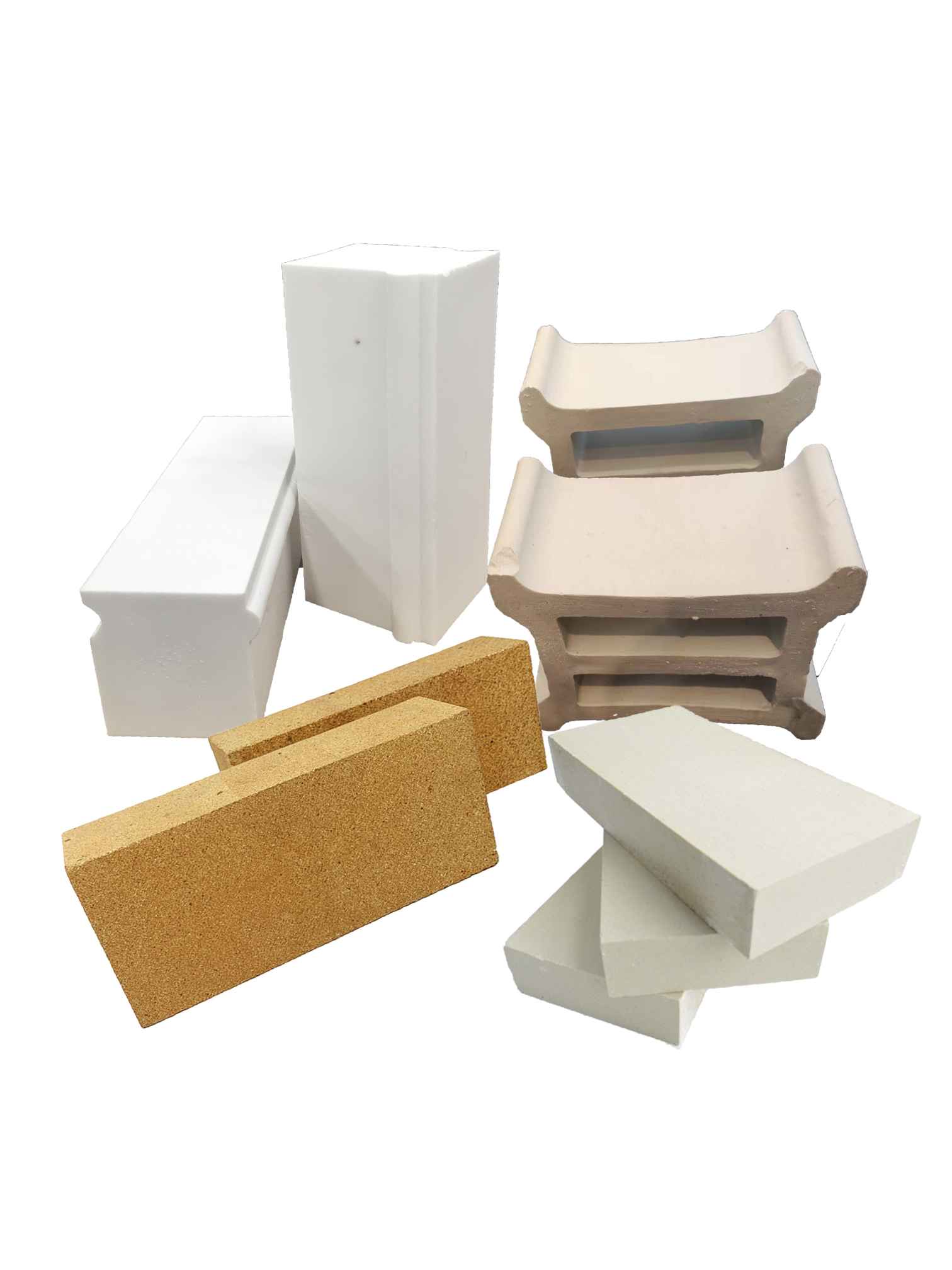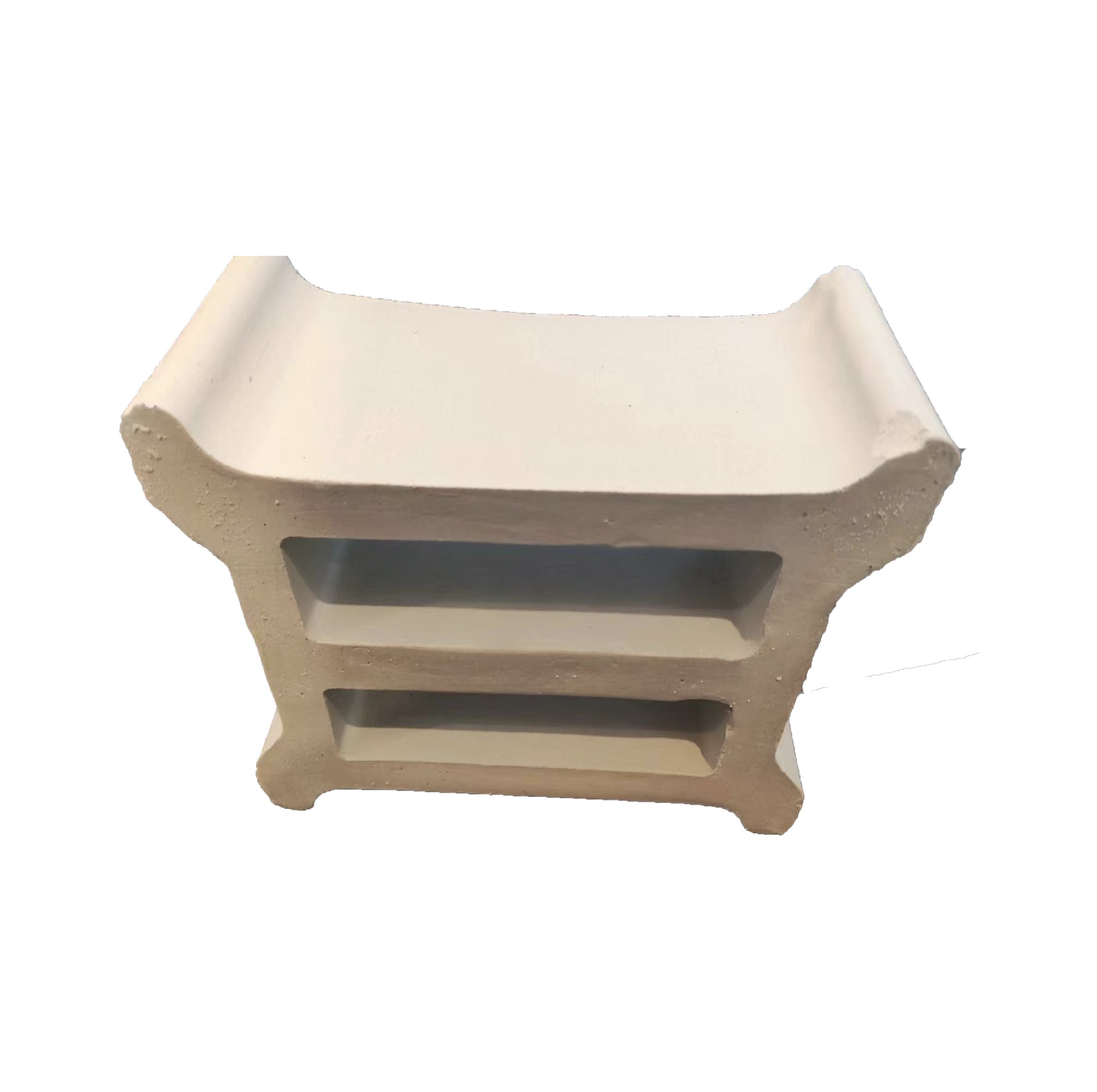Exhibition
How to Select the Right HDPE Ball for Your Application?
Zhongci Environ …
How to Optimize MBBR Systems? Choose HDPE 31x1mm Filter Media
1. HDPE 31x1mm …
Unlock Higher Cooling Efficiency with the Right Fill Design
Cooling Tower F …
Cooling Tower Fill Media — Complete Explanation and Use Cases
Cooling tower f …
Hot sale high strength ceramic acid resistant brick for Phosphoric acid plants
Properties
Acid brick are special ceramic bricks, use quartz, feldspar and clay as main raw material and sintered under high temperature furnace firing, which can resist high temperature, shock chilling and strong acid corrosion. They are widely used in reaction tanks, towers, troughs and stirring ponds in metallurgical and chemical processes.
1. Has high acid resistance
2. Low water absorption
3. Oxidation at room temperature is not easy
4. Not easy to be contaminated by the media and other
5. High pressure resistance
6. Easy to clean
7. Strong acid and alkali corrosion resistance (parameter>99.8)
8. Convenient for installation
9. Uniform gas and liquid distribution
10. Reliable structure and chemical stability
11. Long service life, more than 3 years warranty
12. High Working temperature: 1650-1720C
13. Accurate size, small Tolerance
Acidproof bricks Application:
Acid proof brick is widely used in the industries of petroleum, chemical, pharmaceutical, food dairy,juice,papermaking, chemical fertilizer, pesticide, chemical fiber, textile, metallurgy, power plants, electroplating room, which was used as the anti-corrosion lining of tower, tank and groove and also play its corrosion resistance in sewage treatment engineering and exposed ground work site.
The main chemical components of acid resistant porcelain plates | |
SiO₂ | 76.61 |
Ai₂O₃ | 16.98 |
Fe₂O₃ | 1.26 |
TiO₂ | 0.16 |
CaO | 0.77 |
MgO | 1.25 |
K₂O | 2.62 |
Na₂O | 0.72 |
Acid resistance | 99.8 |
project | unit | value | standard |
bulk density | g/cm | 2.31-2.4 | 1986 |
Water absorption rate | % | 0.2 | GB/T8488-2001 |
Acid resistance | % | 99.8 | GB/T8488-2001 |
bending strength | Cresylic Acid | ≥58.8 | GB/T8488-2001 |
compressive strength | Cresylic Acid | ≥80 | 1986 |
Quenching/Heat Resistance | Temperature difference 100℃ | No cracking after one pass | GB/T8488-2001 |
Main specification of tile and plate:
Name | Specification | Name | Specification |
Standard tile | 230×113×65 | Acid resistant ceramic plate | 100×110×15 |
Rectangle tile | 113×113×65 | Acid resistant ceramic plate | 150×150×15-30 |
Transv wedge tile | 230×113×56/65 | Acid resistant ceramic plate | 150×70×15/-30 |
Transv wedge tile | 230×113×25/65 | Acid resistant ceramic plate | 100×100×10 |
End wedge tile | 230×113×55/65 | Acid resistant ceramic plate | 80×80×10 |
End wedge tile | 230×113×25/65 | Acid resistant ceramic plate | 50×50×10 |
End wedge tile | 230×113×65/45 | Acid resistant ceramic plate | 180×110×20-30 |
Narrow tile | 230×65×65 | Half narrow tile | 113×65×65 |






